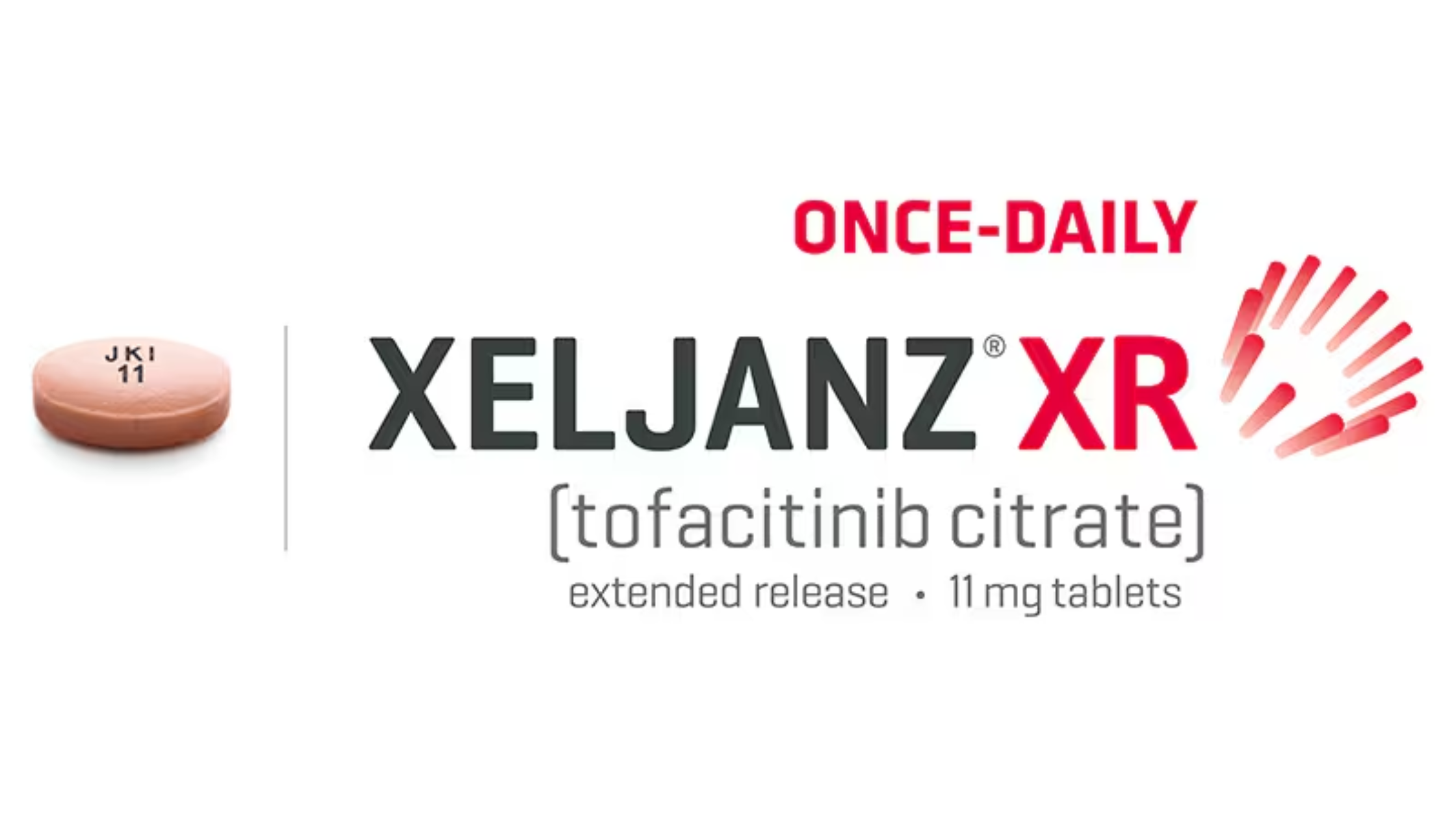Discover the common, rare, and serious Metoprolol Succ ER 25 mg side effects. Learn how to manage them safely and when to seek urgent medical attention.
If you’ve been prescribed Metoprolol Succinate Extended-Release (ER) 25 mg, it’s crucial to understand not just how it works but also the possible side effects you may encounter. As a pharmacologist, I’ll guide you through a comprehensive, evidence-based look at the side effects of Metoprolol Succ ER 25 mg, how often they occur, what to watch out for, and when to call your doctor.
Let’s dive into this essential breakdown for patients and caregivers alike.
What is Metoprolol Succinate ER 25 mg?
Metoprolol Succinate ER is a beta-1 selective adrenergic receptor blocker often prescribed for:
- Hypertension (high blood pressure)
- Chronic heart failure
- Angina pectoris
- Arrhythmias
- Post-myocardial infarction (heart attack) secondary prevention
The 25 mg extended-release (ER) version offers 24-hour blood level control with a single daily dose, making it convenient for long-term therapy.
Common Side Effects of Metoprolol Succ ER 25 mg
Many patients tolerate Metoprolol well, but like all medications, it carries potential adverse effects. Here’s a categorized look:
Frequently Reported Side Effects (≥5% occurrence)
| Side Effect | Frequency | Description |
|---|---|---|
| Fatigue | Common | Due to slowed heart rate and blood pressure |
| Dizziness/Lightheadedness | Common | Especially when standing up quickly |
| Bradycardia (slow pulse) | Common | Not usually dangerous unless severe |
| Diarrhea | Common | Mild and self-limiting in most cases |
| Cold hands and feet | Common | From reduced peripheral circulation |
Note: Most mild side effects improve after the first 1-2 weeks of treatment.
Less Common Side Effects
Occasional but Notable Effects
- Shortness of breath (dyspnea)
- Depression or mood changes
- Vivid dreams or sleep disturbances
- Erectile dysfunction (ED)
- Nausea or abdominal discomfort
These may occur in 1-5% of patients and are generally mild to moderate in severity.
Serious Side Effects: When to Seek Immediate Medical Attention
Though rare, some side effects from Metoprolol Succ ER 25 mg can be serious:
- Severe bradycardia (heart rate <50 bpm)
- Syncope (fainting)
- Heart block (especially in patients with conduction disorders)
- Wheezing, bronchospasm — especially concerning in asthmatics
- Swelling of the face, lips, or tongue (angioedema, though rare)
- Severe skin rash or itching
If you experience any of these, discontinue the drug and seek emergency medical care.
How Metoprolol’s Side Effects Happen (Pharmacology Insight)
As a beta-1 adrenergic blocker, Metoprolol reduces the effects of catecholamines (epinephrine and norepinephrine) on the heart. While beneficial for conditions like hypertension and heart failure, this action can also blunt normal sympathetic responses, leading to:
- Lowered heart rate and blood pressure
- Decreased cardiac output
- Central nervous system effects (fatigue, sleep changes)
- Peripheral vascular constriction (cold extremities)
Special Precautions & Risk Factors
Certain individuals are more prone to adverse effects:
- Asthma or COPD patients (risk of bronchospasm)
- Elderly individuals (higher risk of bradycardia and orthostatic hypotension)
- Patients with depression (may worsen mood symptoms)
- Diabetics (can mask hypoglycemia symptoms like tachycardia)
- Those with conduction defects (AV block)
Always disclose your full medical history before starting Metoprolol Succinate ER 25 mg.
Can Side Effects Be Minimized?
Yes — here’s how to reduce the risk of Metoprolol side effects:
- Start with the lowest possible dose (like 25 mg) and adjust gradually.
- Take the tablet with food to minimize gastrointestinal discomfort.
- Avoid abrupt discontinuation, which can cause rebound tachycardia or angina.
- Monitor blood pressure and heart rate regularly at home.
How Long Do Metoprolol Side Effects Last?
Most side effects — particularly fatigue, dizziness, and GI upset — typically resolve within 1–2 weeks as your body adjusts. If they persist or worsen, consult your healthcare provider for possible dose adjustment or switching to an alternative.
Metoprolol Succ ER 25 mg Drug Interactions
Some side effects stem from interactions with other medications:
- Calcium channel blockers (like verapamil, diltiazem) — additive bradycardia
- Clonidine — rebound hypertension if one is stopped abruptly
- Antidiabetics (insulin, sulfonylureas) — may mask hypoglycemia symptoms
- Digoxin can amplify bradycardia
Always review your medication list with your doctor or pharmacist.
Frequently Asked Questions (FAQs)
Q: Is weight gain a side effect of Metoprolol Succ ER 25 mg?
👉 Yes, mild weight gain can occur, particularly in heart failure patients.
Q: Can Metoprolol cause memory loss or confusion?
👉 Rarely. It’s more likely to cause fatigue or depression, but cognitive effects are uncommon.
Q: Should I stop Metoprolol if I feel dizzy?
👉 No — consult your doctor first. The dizziness may resolve as your body adjusts.
Q: Is hair loss a side effect?
👉 Rarely reported but possible with long-term beta-blocker use.
Final Word
Metoprolol Succinate ER 25 mg is a proven, effective therapy for many cardiovascular conditions. While most side effects are mild and self-limiting, being aware of the potential reactions — especially serious ones — ensures safer use.
Always follow your healthcare provider’s guidance, report any concerning symptoms, and never adjust your dosage without medical advice.
Related Articles
- Entresto Washout: What You Should Know Before Switching
- 6 Over-the-Counter Medications for Chest Tightness
- Covid Chest Pressure: How to Recognize and Manage It



